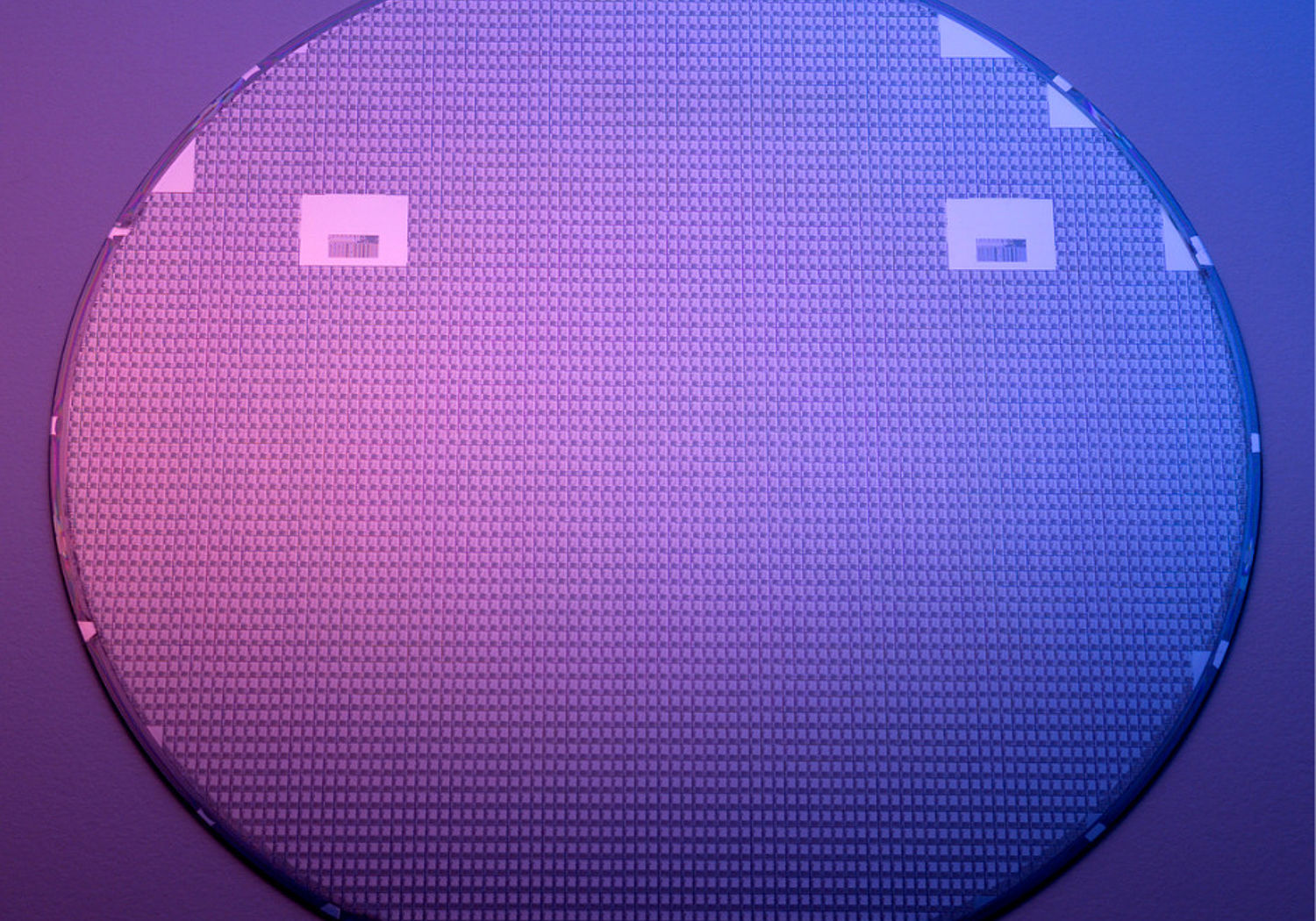Memristive devices as quantum standard for nanometrology
Short Name: MEMQuD, Project Number: 20FUN06
Developing a room temperate, self-calibrating standard for electrical resistance
The revised SI unleashes the prospect of the ‘NMI-on-a-chip’: self-calibrating devices able to independently connect measurements to fundamental constants. In the future, memristive devices might serve as such a standard for resistance, and might enable new types of computing architectures, with orders-of-magnitude lower power consumption than current complementary metal-oxide-semiconductor (CMOS) technologies.
Memristors, a portmanteau of memory and resistor, are electrical resistance switches that exhibit quantised conductance. Practical applications could exploit potential capabilities for observing such effects without the limitations of quantum-Hall effect-based resistance standards, that require vacuum, cryogenic temperatures and intense magnetic fields.
Device development has so far been hampered by a lack of reliable methods for measuring relevant physical quantities at nanoscale dimensions. This is important as memristor functionality is influenced by material purity: even parts-per-million contamination drastically affects capacitance, electronic structure, and thermodynamic properties, for instance.
The project has developed instrumentation to measure size — at the nanometre scale — and developed measurement methods to help realise quantum-based standards of resistance of memristor devices, in air, at room temperature. New theoretical models of effects within memristors have been developed to set out relationships between material properties and functionality. Moreover, characterisation methods using scanning-probe-micro-scopes were investigated, while methods to quantify device properties, cross-platform measurement techniques and a quantum-based standard of resistance for nano-applications were also developed.
Accurate dimensional measurements and methods will support the development of self-calibrating systems. Spin-offs may also open up new developmental paths for the semi-conductor and electronics manufacturing industries, potentially unlocking powerful new computing capabilities offering breakthrough performance for applications like artificial intelligence and machine learning.
Advanced Functional Materials
Nature Communications
Nature Nanotechnology
Journal of Solid State Electrochemistry
IEEE Transactions on Electron Devices
Solid-State Electronics
Scientific Reports
IEEE Transactions on Electron Devices
Nanoscale Horizons
Materials Science in Semiconductor Processing
Advanced Electronic Materials
Journal of Physics D: Applied Physics
Solid-State Electronics
APL Machine Learning
Scientific Reports
IEEE Electron Device Letters
Advanced Quantum Technologies
Physical Chemistry Chemical Physics
Journal of Physics D: Applied Physics
Advanced Materials
physica status solidi (a)
Proceedings of the 25th IMEKO TC-4 International Symposium
Nanomaterials
Semiconductor Science and Technology
Micromachines
ACS Applied Materials & Interfaces
Neuromorphic Computing and Engineering
Micromachines
Advanced Materials Interfaces
Nature Materials
Electronics
Advanced Materials
Frontiers in Physics
